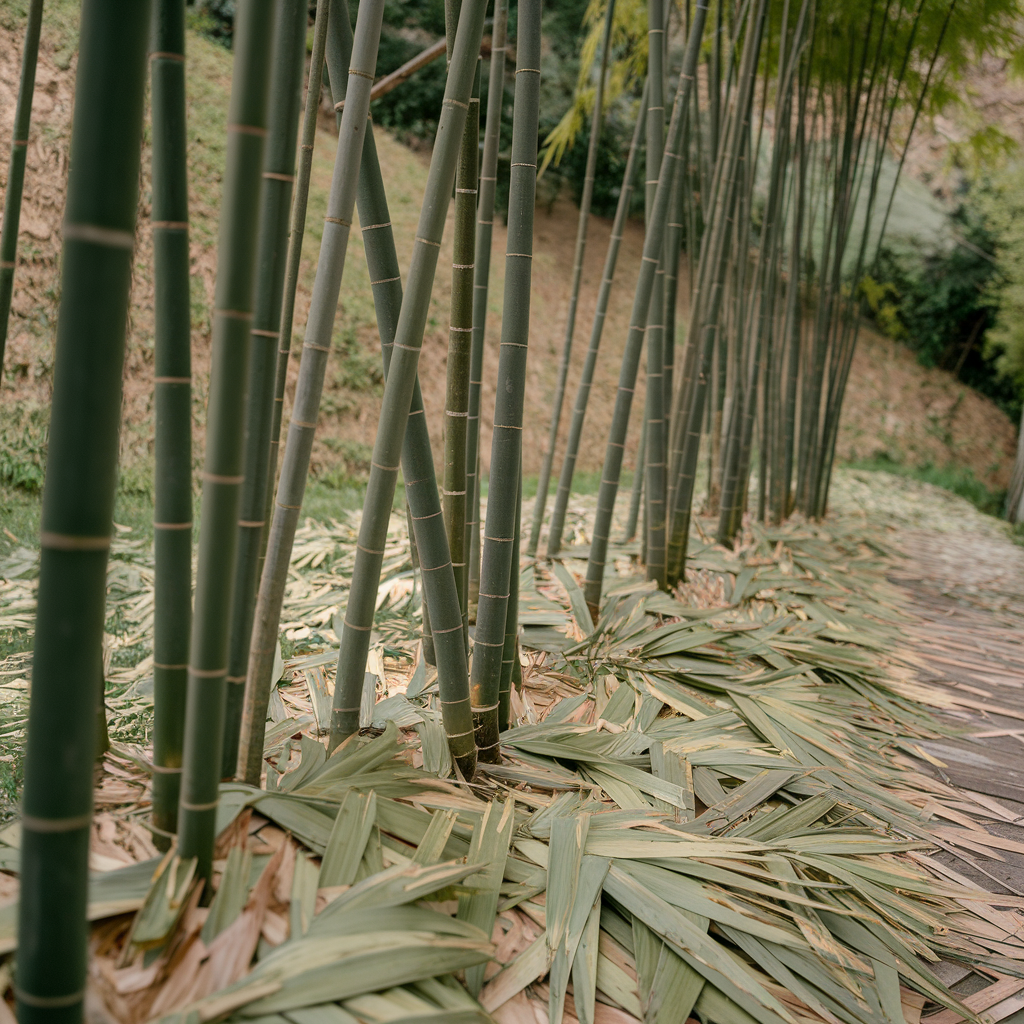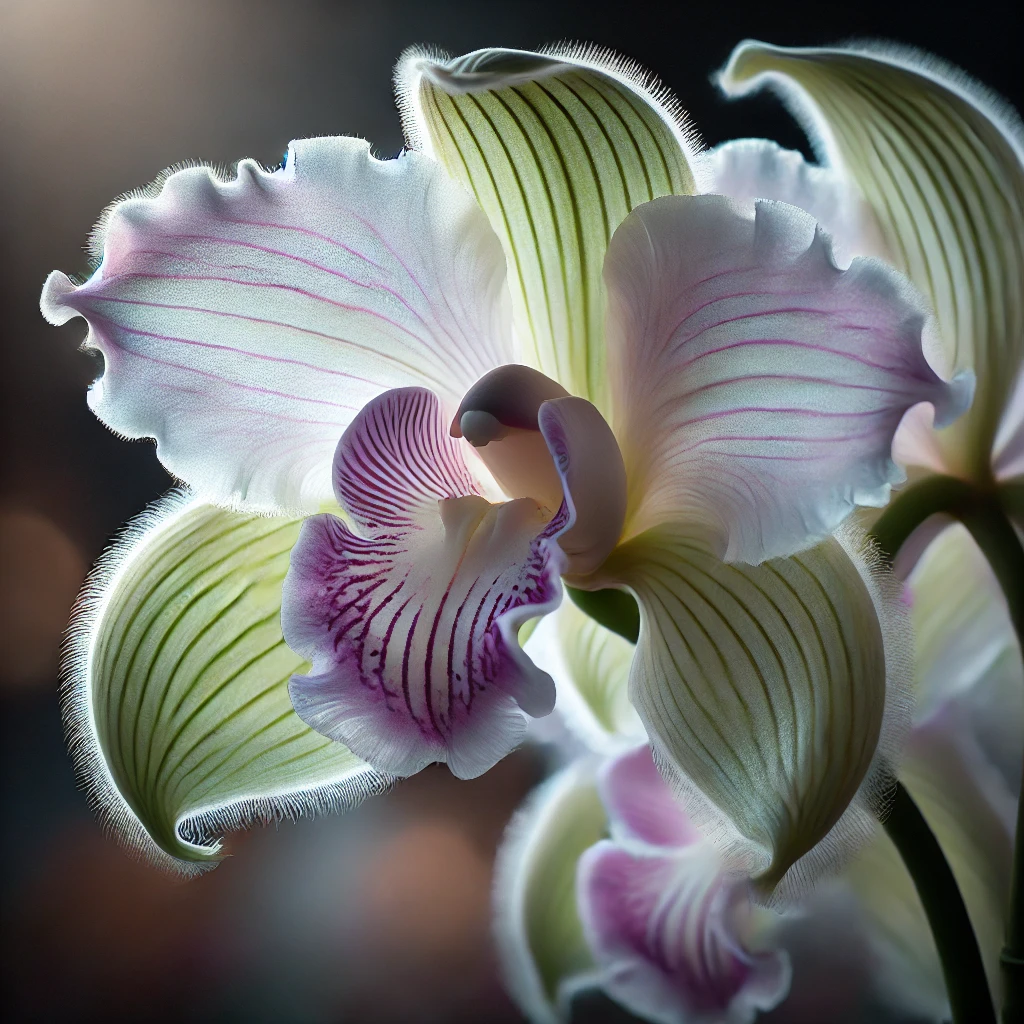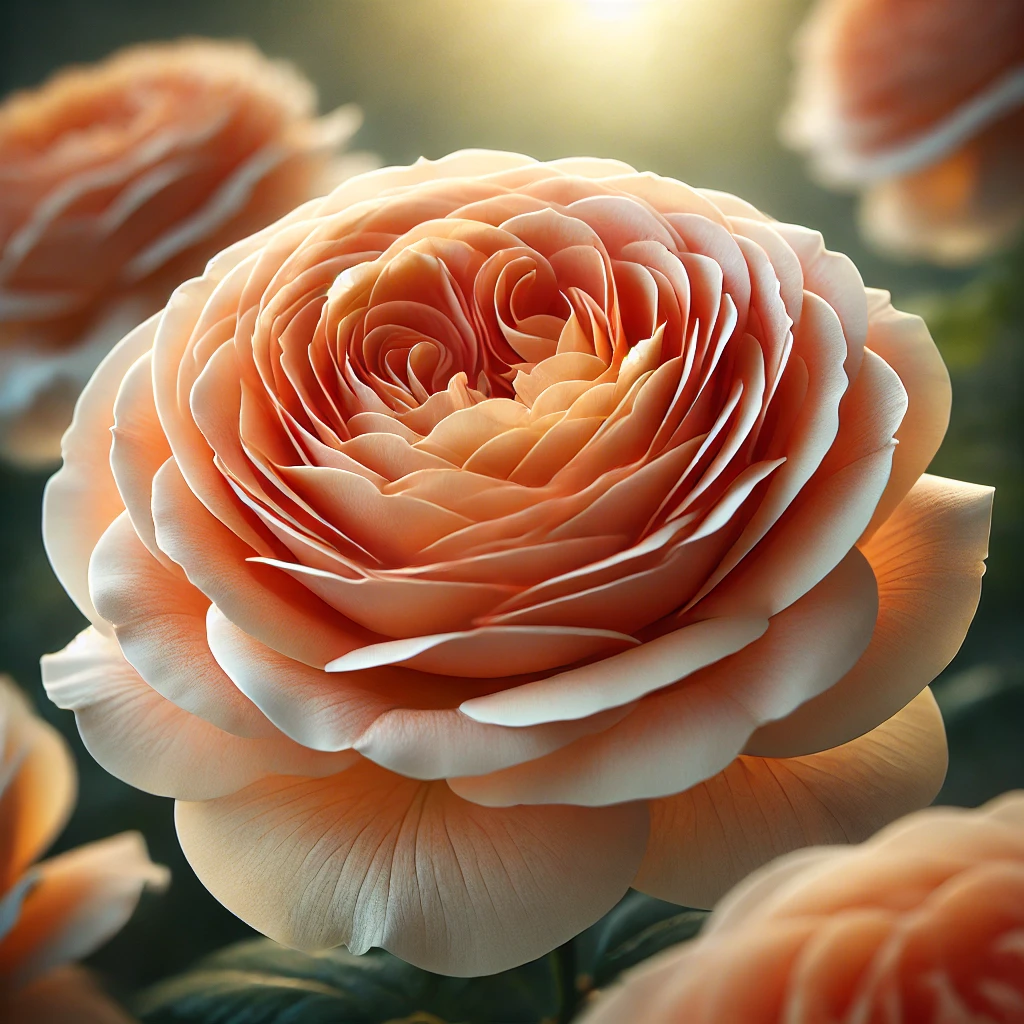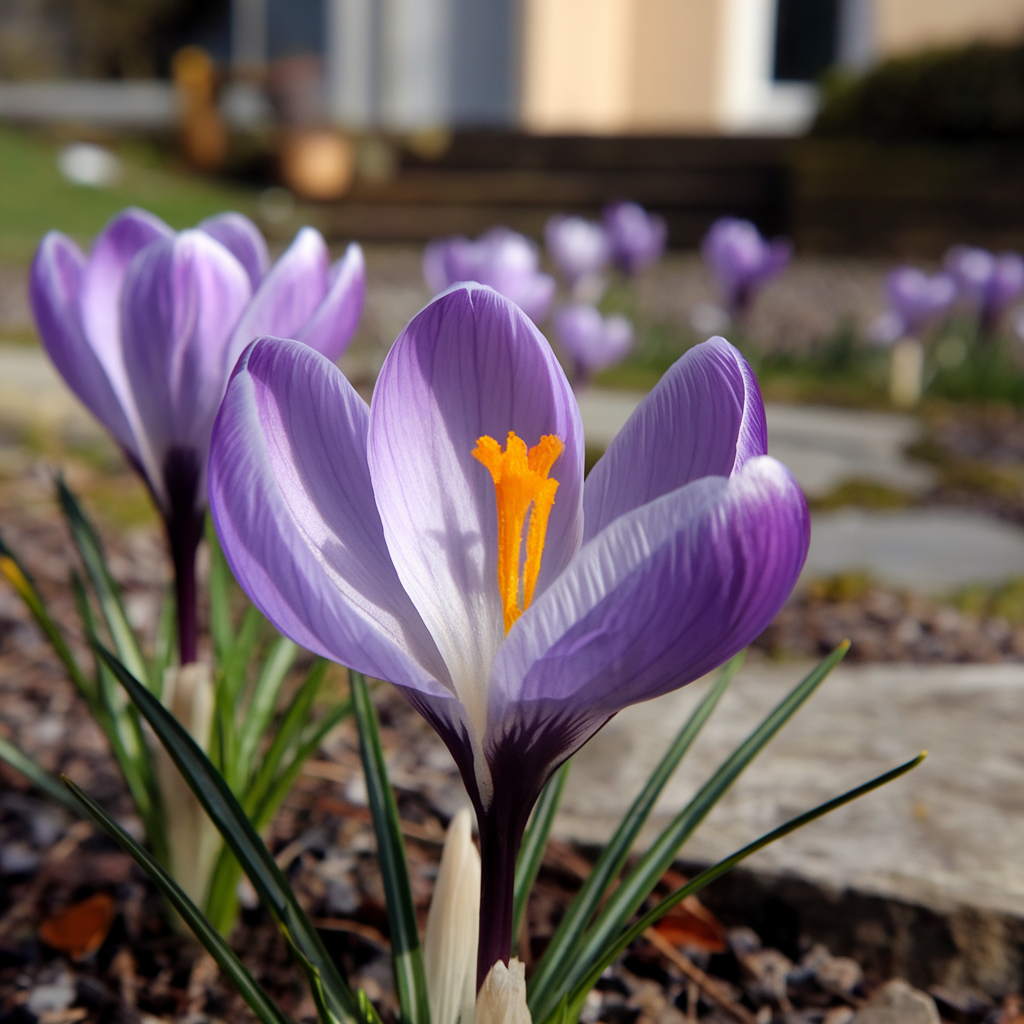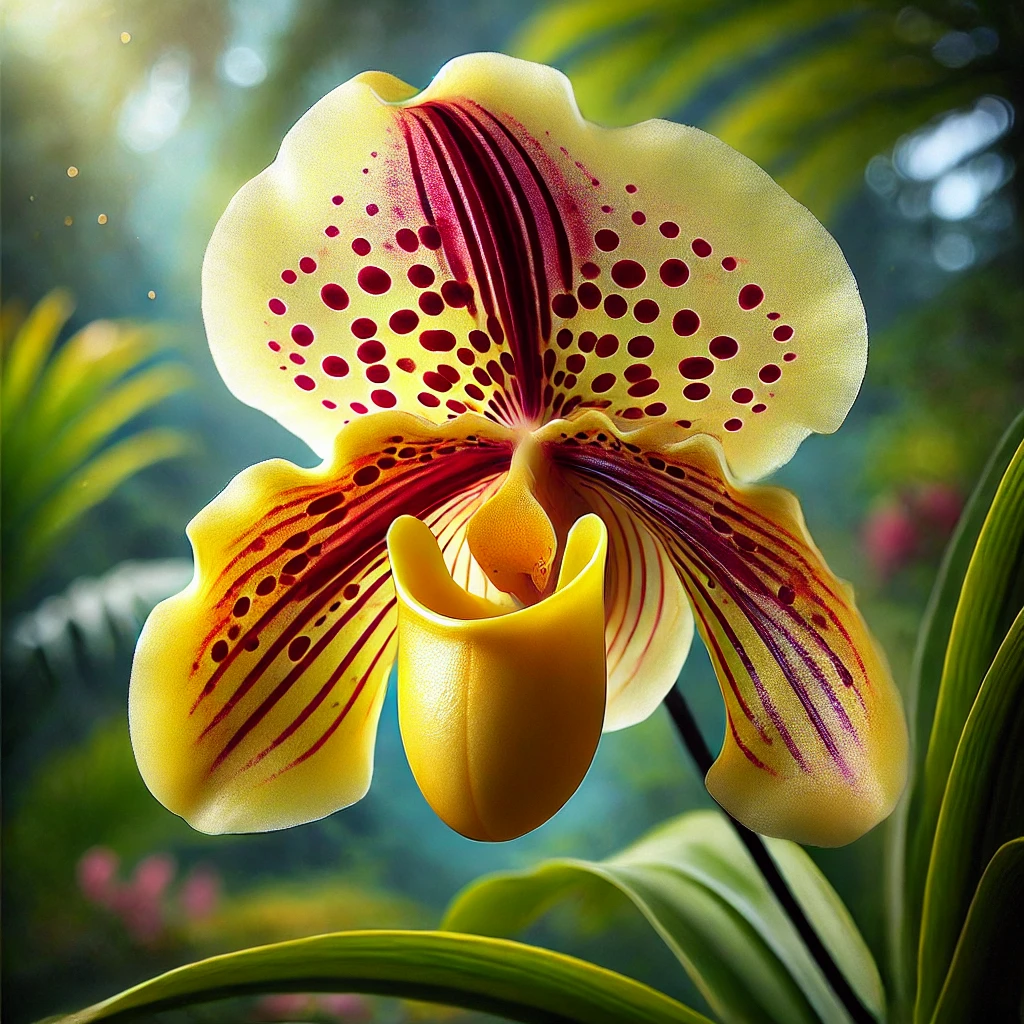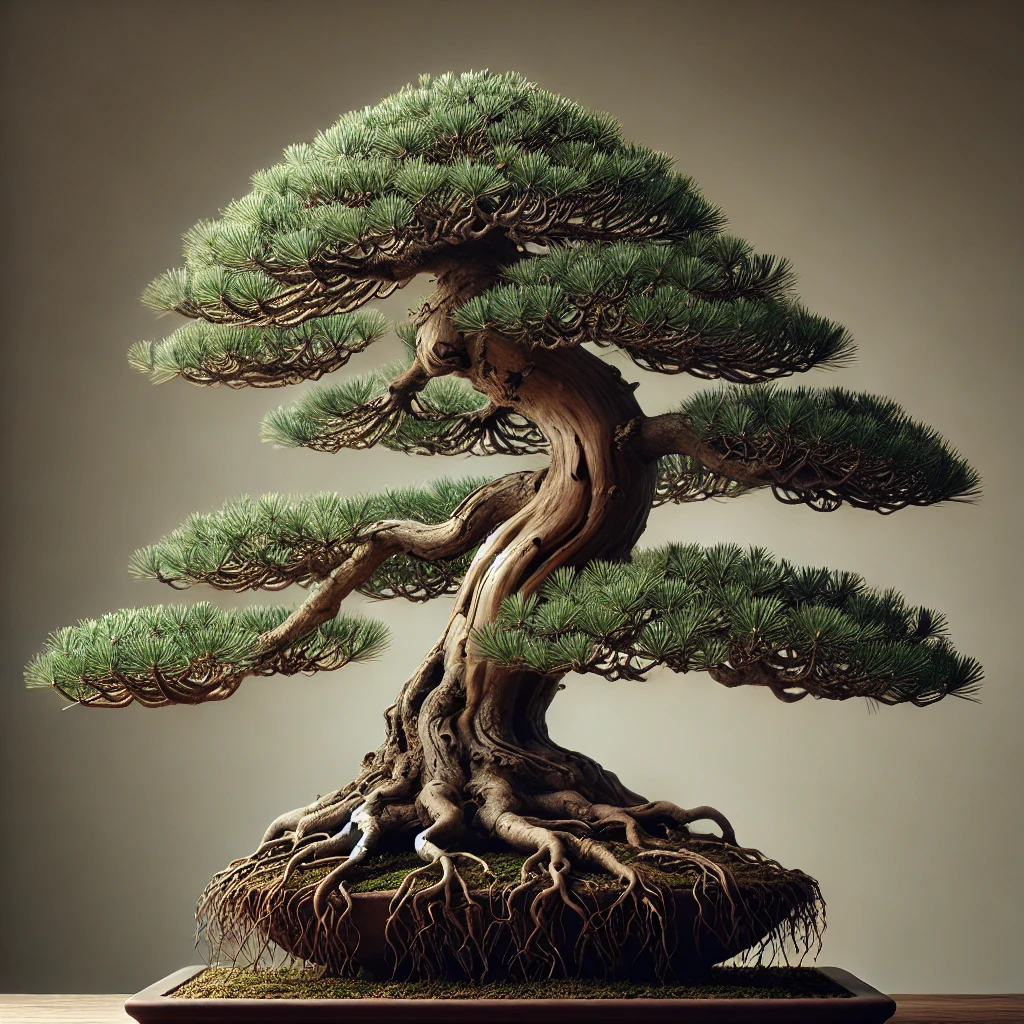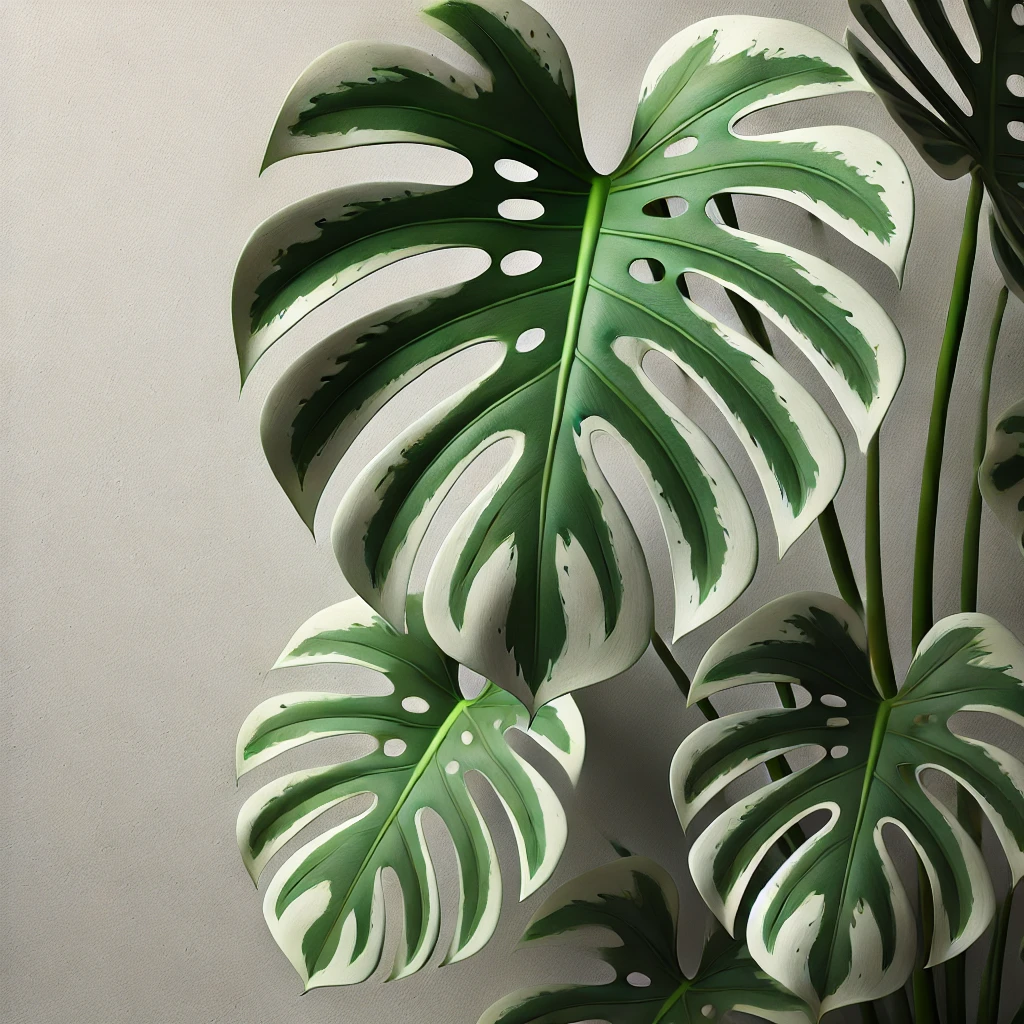Aloe Vera
A Timeless Wonder Plant for Your Home and Health
The plant kingdom does not have many plants as recognizable and useful as Aloe Vera. This is one of the oldest and most recognizable gigantous spiky green succulents that have been adorning homes and being used for their usefulness for centuries. If you want to beautify your home with a plant or if you want to get the health benefits of the plant I would recommend Aloe Vera. By being naturally beautiful as well as serving as functional and low maintenance, it’s easy to see why Aloe Vera is highly recommended by and sought by both the amateur or beginner plant collector as well as experienced plant collector.
So, let me welcome you all to this article where I will be explaining the care instructions, uses and even some history concerning to the magical plant – Aloe Vera. By the end of this article, you will be ready to take action, either by growing your first Aloe Vera plant, applying gel for natural remedies, or learning about the plant as the ‘medicine of the future’.


The Origins of Aloe Vera: A Plant Steeped in History
Even though Aloe Vera has made its way from ancient civilization to modern day houses, their growth is nothing short of amazing. An arid-region native, this hardy succulent has spread to the far corners of the world, adapting to various climates, and planted in the millions of households. And the Egyptians called it the ‘plant of immortality’, they used it for beauty treatments and embalming practices. It’s also featured in traditional Chinese medicine, Indian Ayurveda and Greek herbal practices.
Aloe Vera is a plant known today as being celebrated for its healing properties, its resilience, and today can be found in homes, gardens — and even commercial products. However, decades of history behind it doesn’t mean that Aloe Vera is secondary, especially when it comes to crafting natural solutions for common health and skincare problems.

Benefits of Aloe Vera: More Than Just a Pretty Plant
Think there is something special about Aloe Vera? In addition to its ability to adapt well to harsh conditions, Aloe Vera is rich in so many benefits that range from the benefit you’ve known, to the benefit you didn’t know; both are very good for you. Let’s explore how Aloe Vera can enhance your well-being and home environment:
1. Natural Skin Care and Healing Properties
Of course Aloe Vera is famous for its gel which is a clear sticky substance present inside Aloe Vera’s leaves.Use of this gel has been common for centuries to ease burns,cuts and other skin irritations.Aloe Vera is famous for its anti-inflammatory and antibacterial properties which makes it the go to natural first aid treatment.
Sunburn Relief: Aloe Vera gel is known to calm down any sunburn you have suffered.It’s hydrating properties help reduce redness ease inflammation and promote faster skin recovery.
Moisturizing: Aloe Vera gel is unlike most commercial moisturizers as it is free of harsh chemicals. It is a popular choice for sensitive prone skinned people as it is very hydrating and does not clog pores.
Wound Healing: It is really good to help with minor cuts and abrasions as well most likely by creating a protective layer on top of the skin to protect it and at the same time delivering the right nutrients to help with tissue regeneration.
2. Boosts Digestive Health
Aloe Vera isn’t just for outside use.It also taken in juice form to take advantage of any digestive health benefits it offers.Aloe Vera juice is said to be packed with vitamins enzymes and amino acids and is said to help with aiding digestion constipation and irritable bowel syndrome (IBS).
Detoxification: Aloe Vera can naturally cleanse a person digestive tract of toxin.
Anti-Inflammatory: One of the biggest advantage of using this as a natural remedy is that it can reduce inflammation in the gut which can help with condition like acid reflux and other.
3. Air Purification for Your Home
So Aloe Vera doesn’t just serve as a health booster it also an awesome air purifier.Just like many other succulents Aloe Vera helps get rid of toxins such as formaldehyde and benzene in the air.An Aloe Vera plant in your home will allow for cleaner fresher air improving the aesthetic and functional value of your living space.
4. Hair and Scalp Care
Aloe Vera leaves are full of enzymes which help stimulate healthy hair growth and soothe irritated scalp aka dandruff itch.Aloe Vera is ideal for all those with dandruff or dry damaged hair as it can help heal the scalp up and make your hair look healthy and shiny again.

How to Care for Aloe Vera: A Beginner-Friendly Plant
Aloe Vera is so popular because it’s low maintenance.Aloe Vera is the plant for you no matter if you have a green thumb or are just starting out.Follow these simple steps and you’ll have a healthy Aloe Vera thriving in no time:
Light Requirements
But Aloe Vera loves bright indirect sunlight.Where to place it If you are growing it indoor put it somewhere near a bright window one that receive approximately 6-8 hours of light per day.It can tolerate some direct sunlight but too much sunlight will make its leaves brown or dry out.
Watering
Aloe Vera is a drought tolerant plant therefore does not require frequent watering.In many ways overwatering is the most common way we accidentally make this hardy plant suffer.Aloasar plants should be watered once every 2-3 weeks with the exception of the ground to turn out completely between waterings.During winter months, you can cut back on watering further.
Tip: Typically it’s best to water deeply but make sure the soil is dry enough that the roots can breathe. The last thing you want is to let the plant sit in standing water this causes root rot.
Soil and Potting
Aloe Vera grows best in well draining soil.For example use a succulent or cactus potting mix or mix your own by adding sand or perlite to regular potting soil.When choosing a pot important is also it should be chosen with drainage holes to avoid the flooding by adding water.
Temperature
Aloe Vera does well in the temperature range of 55°F to 80°F (13°C to 27°C).Aloe Vera is not frost tolerant so if you live in a colder climate it best to keep your Aloe Vera indoors during the winter month.
Fertilizing
Although this Aloe Vera is fairly easy to grow you can help it along with a little fertilizer during its active growing period (spring and summer) by using half strength of a complete water soluble fertilizer.
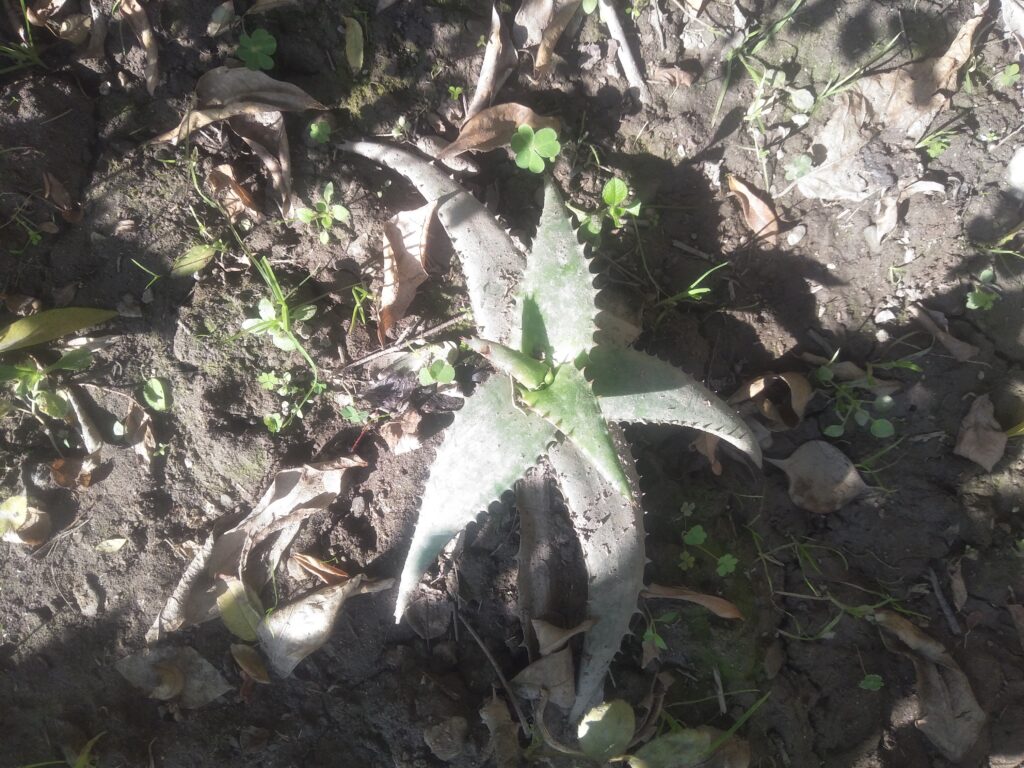
Aloe Vera in Your Home: Practical and Aesthetic Uses
Not only is Aloe Vera good for your health, but it makes a beautiful decorative element in homes and gardens.Because of its unique, sculptural form, it is a favorite in contemporary interiors yet its hardy nature means it is equally home on an outdoor site.Here are some creative ways to incorporate Aloe Vera into your home décor:
Indoor Plant Styling: Perfect for minimalist modern or rustic spaces Aloe Vera looks great. Put it in a decorative pot on a windowsill desk or coffee table if you want a little greenery in your room.
Outdoor Garden Feature: Aloe Vera is an easy plant to put out in the garden bed and can be a striking low maintenance landscape feature in warmer climates.Any garden will look better with its rosette shape.
DIY Projects: In homemade beauty products such as a homemade facial mask or homemade lotion you can use Aloe Vera or you can create a DIY aloe vera gel recipe and keep it in your first aid kit.
Growing Aloe Vera Indoors vs. Outdoors: What You Need to Know
The care instructions are pretty much the same, whether that’s in your aloe Vera indoors or aloe Vera outdoors.However there are a few differences to consider:
Indoor Aloe Vera Care:
Light: Aloe Vera can be kept indoors and should be placed in a sunny spot but with indirect light for example on a windowsill.
Potting: To avoid root rot make sure your indoor Aloe Vera is sitting in a pot with drainage holes.
Outdoor Aloe Vera Care:
Climate: Aloe Vera grows nice and cold hardy where I live (zone 5) and can be planted directly in the ground if you live a warm, dry climate (USDA zones 8-11).Plant it in a place where soil is well drained, as a plant that doesn’t like soggy soil.
Frost Protection: If your place is in the cold area, take your Aloe Vera indoors at the time of winter or keep your Aloe Vera that might get damaged from the frost cover.
Taking Action: Bringing Aloe Vera Into Your Life
How about you try the amazing Aloe Vera for yourself? It’s a perfect plant to choose whether you want to add some natural beauty to your home explore its healing properties or whether you’re looking for a resilient and low maintenance plant.Using the care tips above you should be able to lean a healthy Aloe Vera plant that will serve you well for many years to come.
Plant an Aloe Vera in your home or garden today and do it small, because you’ll soon become addicted to its daily uses.Aloe Vera is a timeless companion and not only as a “miracle plant” for your hair weaves and skin but also as a flow of nature that helps improve both your environment and your domestic well-being from air purification, to skincare.
Conclusion: Aloe Vera’s Unique Appeal
Aloe Vera is not just another house plant it is a symbol for nature resilience and versatility. With a rich history and so many uses it’s one of the best plant you can own.Aloe Vera is definitely an alluring plant either for its looks or for its great health benefits.So why wait? Act now and bring Aloe Vera into your home there nothing you’ll miss out on!
FAQs About Aloe Vera
1. What are the benefits of Aloe Vera?
Aloe Vera offers numerous benefits including soothing burns and skin irritations promoting digestive health moisturizing the skin aiding wound healing and purifying the air.It also contains vitamins antioxidants and anti-inflammatory compounds that enhance overall wellness.
2. What is Aloe Vera used for?
Used for variety of things including to tone skin treat minor burns and cuts reduce inflammation improve digestion hydrate hair and scalp as well as air purification.It’s also regularly consumed as juice to help promote gut health.
3. What are the 10 uses of Aloe Vera?
Here are ten popular uses of Aloe Vera:
- Sunburn relief
- Moisturizing dry skin
- Treating acne and blemishes
- Minor cuts and abrasions can be healed.
- Irritated scalp, hair growth.
- How juice is good for digestive health..
- Detoxifying the body
- Decreasing inflammation of the bones and muscles
- Air purification in homes
- Making use of DIY skincare and also beauty products
4. Does Aloe Vera clean the stomach?
Yes, Aloe Vera juice is known to help cleanse the digestive tract by promoting detoxification and supporting the removal of waste.It can soothe the stomach lining and may help alleviate symptom of acid reflux constipation and other digestive discomfort.
5. What is Aloe Vera Gel?
Inside the plant’s leaves is the clear, jelly like substance called Aloe Vera gel. Vitamins, enzymes, amino acids, and anti-inflammatory compounds make it powerful for healthy skin and also for use as a key ingredient in homemade beauty products.
6. List of diseases cured by Aloe Vera
Aloe Vera can’t cure diseases however it is known to reduce symptoms and help treat several conditions.It has been used to help with:
- Psoriasis and eczema
- Acne
- Oral health problems(for example gum disease)
- Digestive disorder (e.g IBS and constipation)
- Minor burns and skin wounds
- Sunburns
- Arthritis inflammation
Use of Aloe Vera as a treatment should always be upon the advice of a healthcare professional.
7. What is Aloe Vera juice?
The inner gel of the plant’s leaves is made into Aloe Vera juice. It is taken for its anticipated health benefits including helping digestion, hydrating, and boosting antioxidants. Aloe Vera juice is drunk by many people as a natural remedy for constipation, or to settle an irritated stomach.
8. What are the benefits of Aloe Vera juice?
Aloe Vera juice provides several benefit including:
- Improving digestion
- Relieving constipation
- Detoxifying the body
- Reducing inflammation in the gut
- Hydrating the body
- Supporting immune function
9. Does Aloe Vera kill viruses?
Aloe Vera has antiviral compounds that could help in the suppression of some viruses, but doesn’t cure viral infections. Although Aloe Vera used to fight herpes has not been proved to be effective against viruses, some studies have suggested a modest effect on the herpes simplex virus.
10. What are Aloe Vera’s medicinal uses?
They have used Aloe Vera in traditional as in modern medicine due to its anti-inflammatory, antibacterial and antioxidant properties.Medicinally it is used to treat minor burn cuts and wounds, soothe irritated skin relieve digestive problems and promote oral health by reducing the inflammation of the gums.
11. What is the scientific name of Aloe Vera?
Aloe barbadensis miller is the scientific name for Aloe Vera.The plant belong to the Asphodelaceae family and is commonly called a succulent plant.
Quick Facts:
Scientific Name: Aloe barbadensis miller
Uses: Soothes burns treat skin condition promote hair growth improve digestion
Benefits: Moisturizes skin reduces inflammation helps with wound healing detoxifies the body

